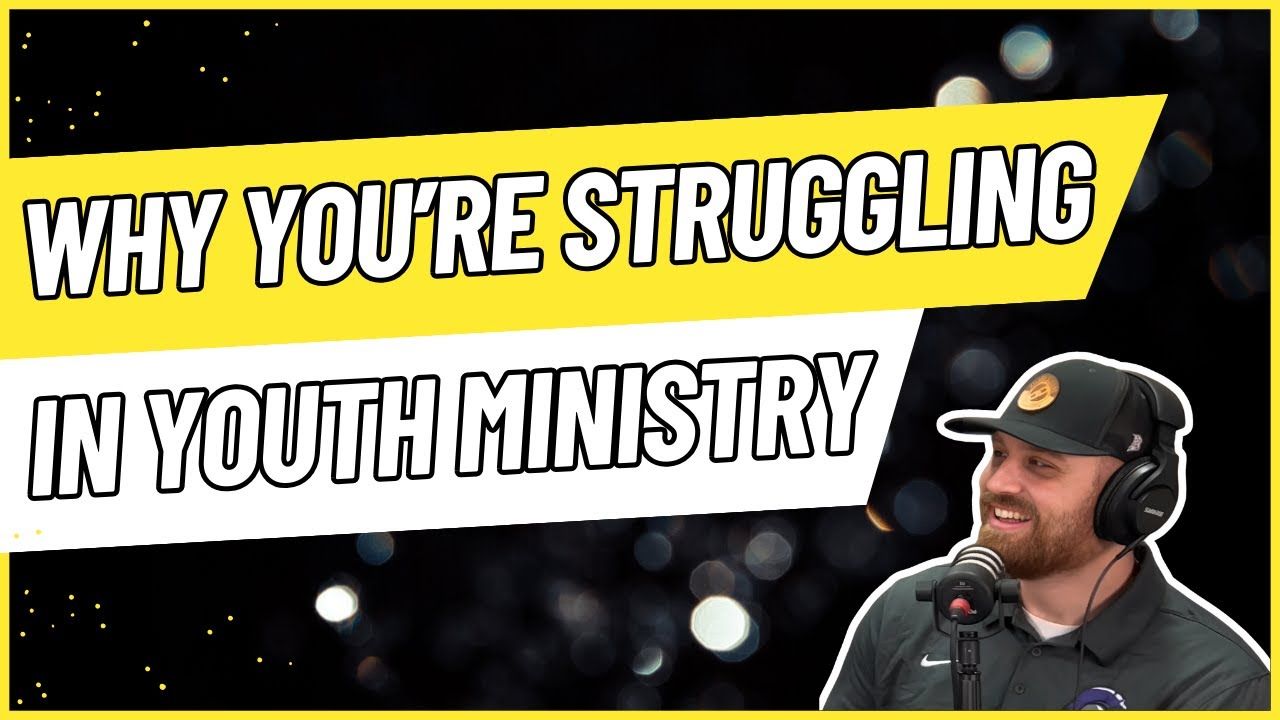Crossing the Gap: Building Bridges to Young Adult Ministry | Beyond the Youth Room Podcast • Ep. 35
Crossing the Gap: Building Bridges to Young Adult Ministry | Beyond the Youth Room Podcast • Ep. 35
Introduction
In this episode of the Beyond the Youth Room Podcast, hosts Keith and Ryan discuss the challenges and strategies of transitioning young adults from youth ministry to college and adult life. The episode aims to provide insights on how to keep these young adults connected to the church and maintain their spiritual growth.
Main Points
- Personal Experiences of Transition:
- Keith and Ryan share their personal experiences of leaving youth ministry and transitioning into college life. Keith recalls the odd feeling of moving from youth ministry to the larger church community, highlighting the importance of this transitional phase.
- Challenges of Graduating Seniors:
- The hosts discuss the varying emotions and situations seniors face as they graduate. These include excitement, uncertainty, and the need for guidance in their next steps, whether it's college, work, military, or other paths.
- Role of Youth Leaders in Transition:
- Youth leaders play a crucial role in helping graduates connect with new church communities. This involves preparing them for the transition well before graduation, ensuring they see themselves as part of the larger church body.
- Importance of Early Integration:
- Emphasizing the need for early integration, Keith and Ryan suggest involving youth in adult ministries and church activities from a young age. This helps them feel like a part of the church community, reducing the shock of transitioning out of youth ministry.
- Connecting with Adult Mentors:
- Bringing adult mentors into youth ministry can create lasting connections that help graduates feel supported as they move into adult life. These relationships can guide them as they navigate their new environments.
- Strategic Programming Adjustments:
- Adjusting youth ministry programs to include more interactions with the larger church can help students feel more integrated. This might involve changing Sunday morning programming or including youth in adult Bible studies.
- Balancing Boundaries and Flexibility:
- The hosts discuss the balance between setting boundaries for young adults and providing them with the flexibility to grow. This includes clear guidelines for those who wish to stay involved in youth ministry as leaders.
- Researching and Connecting with College Ministries:
- Youth leaders should research and connect students with campus ministries and local churches before they leave for college. This proactive approach helps ensure they find a supportive faith community early on.
- Healthy Church Expectations:
- Helping students set realistic expectations for finding new churches is essential. They should know what to look for in a healthy church and understand that it might not exactly match their previous experiences.
- Addressing Cultural Trends:
- The conversation touches on the cultural trend of prolonged adolescence and the need for the church to encourage young adults to embrace their new roles and responsibilities.
Examples and Evidence
- Keith's Church Experience:
- Keith shares how his church's previous approach of creating a separate "church within a church" for youth led to difficulties in integrating graduates into the larger church community. Adjustments made post-COVID have helped bridge this gap more effectively.
- Ryan's College Ministry Connection:
- Ryan recounts a story of a student who was connected to a campus ministry before arriving at college, which significantly impacted his spiritual journey and leadership development.
Conclusion
In summary, bridging the gap between youth ministry and young adult life requires intentional planning, early integration, and strong support systems. By creating connections with adult mentors, adjusting programming, and proactively guiding students to new faith communities, youth leaders can help graduates transition smoothly and continue to grow in their faith.
Final Thoughts
Keith and Ryan emphasize that while the transition is challenging, it is also an opportunity for growth and deeper connection with God. Youth leaders are encouraged to be proactive, flexible, and supportive as they guide students through this pivotal stage.











